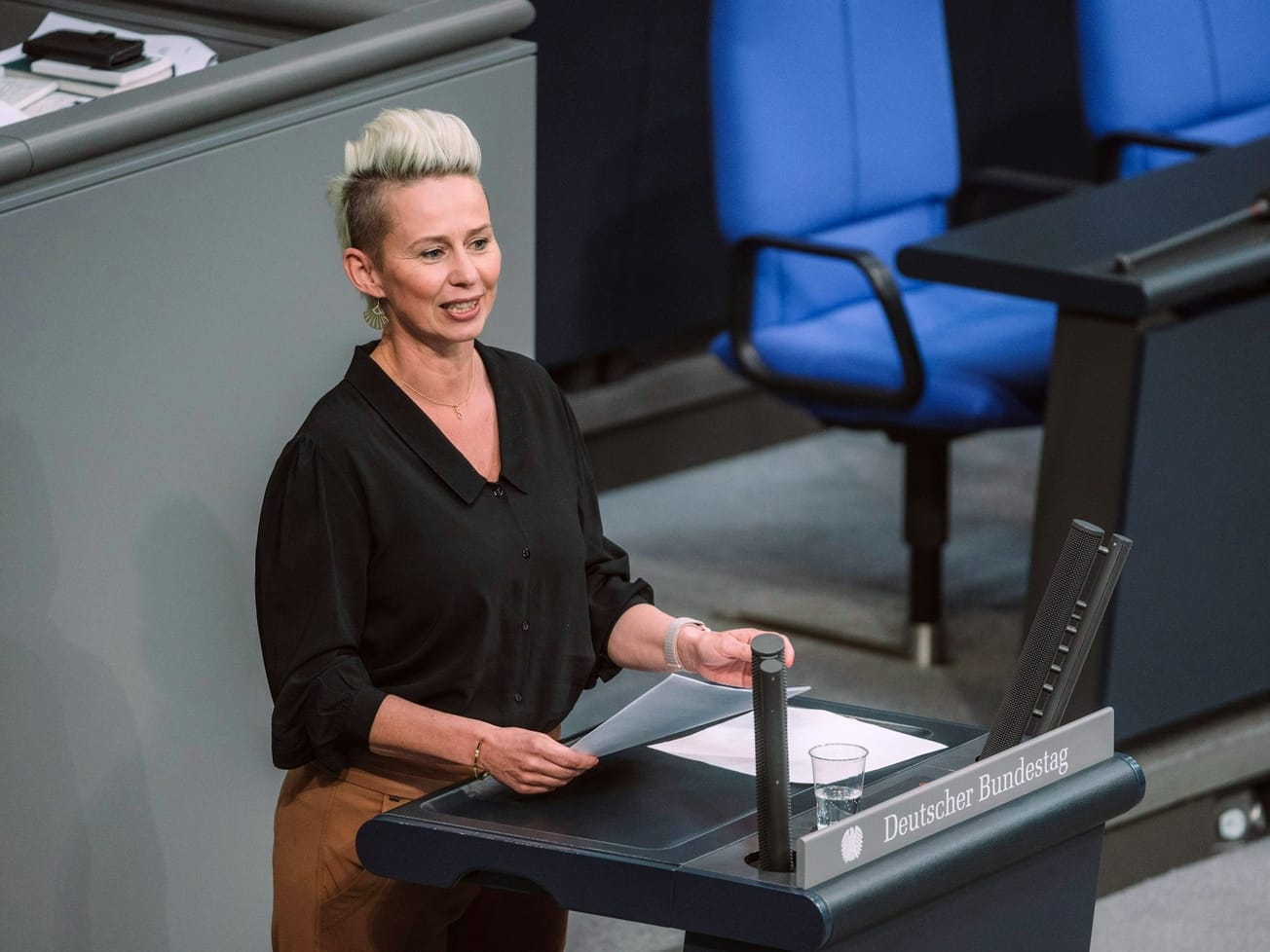A new report finds the world pays an astonishing cost for providing women with fewer educational and other resources and higher unpaid care – they are almost a quarter less productive and earn less than men while working on farms of equal size.
Closing the gender gap in productivity and wages would “increase global gross domestic product by nearly $1 trillion and reduce the number of food-insecure people by 45 million,” the Food and Agriculture Organization said in a 264-page report on Thursday about the status of women in agrifood systems – those that produce food and non-food agricultural products.









